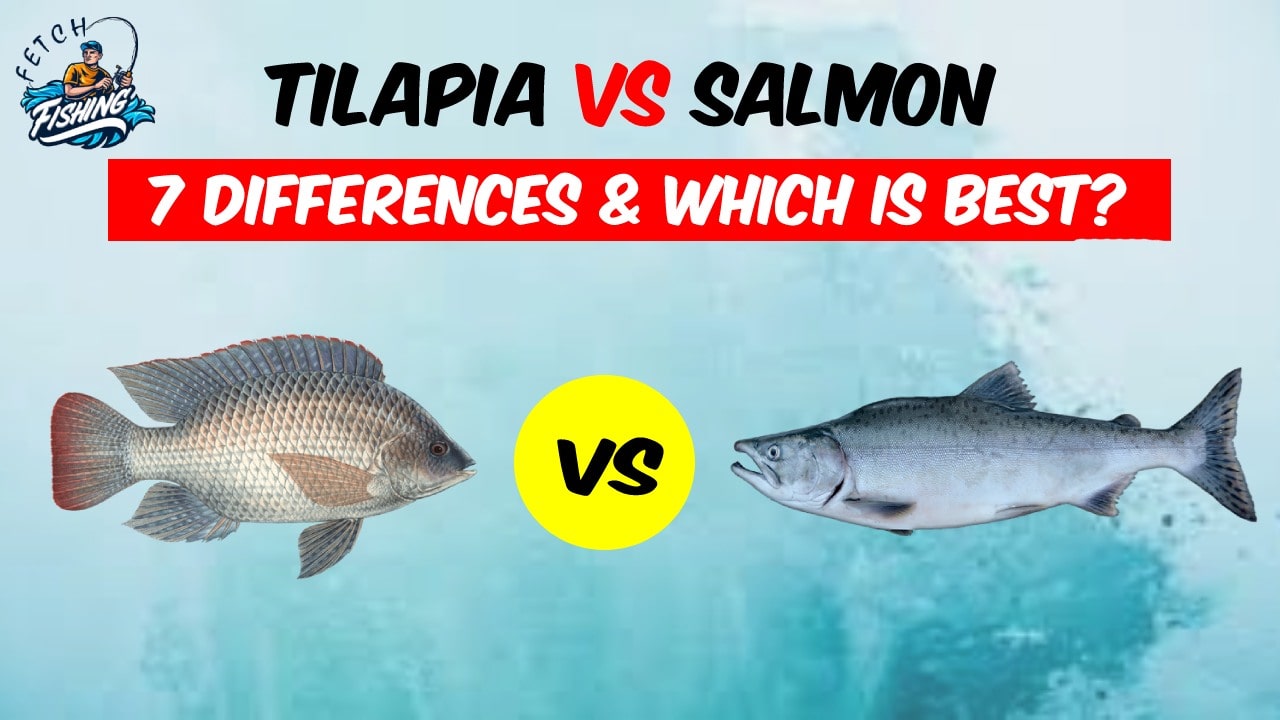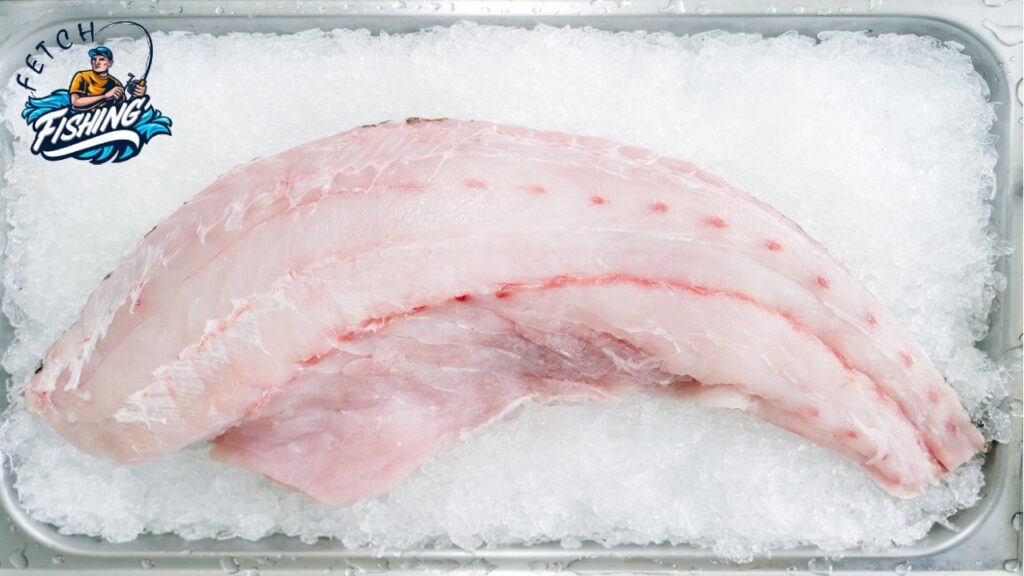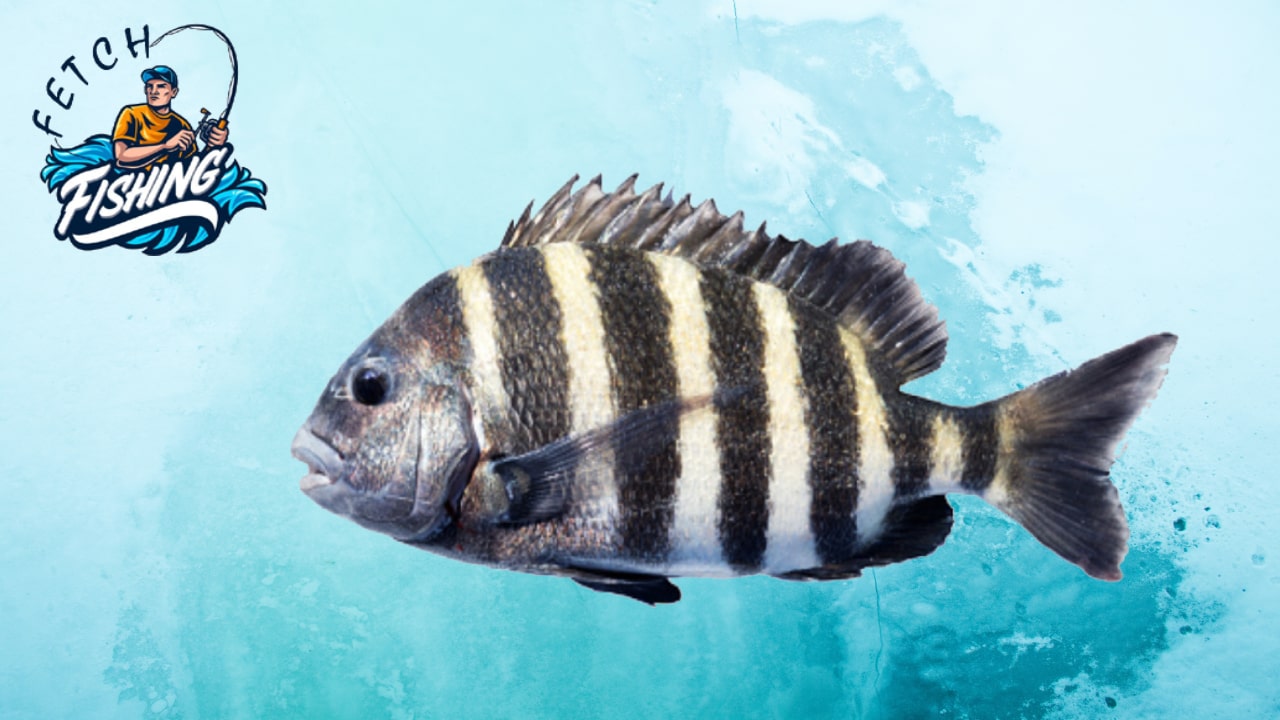
We’ll examine and contrast the nutritional advantages of Tilapia vs Salmon in this blog post. Also, we’ll study the beginnings of each fish, where it can be purchased locally and abroad, how it is prepared for eating, how much it costs to make each dish, and which fish has the most health advantages.
In the end, we are going to tell you our opinion on who wins in a match between tilapia and salmon.
Do you know the difference between tilapia vs salmon? Also, you can learn more about the variations between salmon and tilapia in this article.
Some people choose one sort of fish over another when it comes to eating it. Also, I’ll now tell you which is best: salmon or tilapia.
Moreover, the most popular fish in North America is salmon. Also, Salmon is wonderful eaten raw or cooked and has a pleasant, nutty flavor and a rich texture. The mild flavor of tilapia can be improved by marinating it before cooking.
There are many differences between each kind of fish. But there are also some significant differences that you should take into account while choosing what to buy for dinner today!
Tilapia vs Salmon: What’s The Difference?
Firstly, Salmon and tilapia are two common fish that are frequently eaten for their health advantages. There are some significant distinctions between them despite the fact that they are both high in protein and low in saturated fat, especially in terms of their omega.
Omega-3 fatty acids can be found in abundance in salmon, a fatty fish. In reality, it has ten times as much omega-3 as tilapia. Also, omega-3 fatty acids are good for the heart and can assist the body lower down inflammation. Magnesium, phosphorus, and niacin are other nutrients that are abundant in salmon.
On the other hand, tilapia is a leaner fish with less fat. While having less omega-3 than salmon, it is still a good option for your health. Also, Protein, vitamin B12, and selenium are all present in tilapia in good amounts.
The main changes between salmon and tilapia are listed below.
Detailed Nutrition: Tilapia vs Salmon
| Per 100 Grams | Salmon | Tilapia |
| Calories | 208 | 129 |
| Fat | 13.42 | 3 grams |
| Protein | 20 grams | 26 grams |
| Water | 64.89 g | 78.08 g |
| Calcium | 9 mg | 14 mg |
| Iron | 0.34 mg | 0.56 mg |
| Magnesium | 27 mg | 27 mg |
| Phosphorus | 215 mg | 197.20 mg |
| Potassium | 363 mg | 380 mg |
| Sodium | 59 mg | 56 mg |
| Zinc | 0.43 mg | 0.41 mg |
| Vitamin B1 (Thiamine) | 3.2 | 1.9 |
| Vitamin B2 (riboflavin) | 3.2 | 1.9 |
| Vitamin B3 (Niacin) | 3.2 | 1.9 |
| Vitamin B6 | 0.1 | 0.6 |
| Vitamin B9 (Folic acid) | 3.2 | 1.9 |
| Vitamin E | 3.55 | 0.4 |
| Vitamin K | 0.31 | 0.9 |
Taste:
Others claim that salmon has a better flavor, but in my perspective, both have nice flavors.
Tilapia is your best option if you’re seeking a fish with neutral flavors that will pair well with any recipe. It has been demonstrated that tilapia has extremely mild tastes and textures, and it is simple to get recipes online that use flaky whitefish as their major ingredient.
But, king salmon and certain of its kinds, like coho, tend to be fattier than most varieties, which helps them taste richer if you desire something more savory.
Protein:
In addition, Salmon is a fantastic source of complete protein of the highest quality and with all the important amino acids our bodies need. Due to farm-raised salmon’s higher fat content, it really includes somewhat less weight (20 grams per 3.5 ounces), but it’s still a great option for your health!
An excellent source of protein is tilapia. It weighs 3.5 ounces but contains 26 grams (100 grams). Also, some incredible sources include salmon, which provides 25g per 4oz, and shrimp, which offers 22g per same-sized serving.
Health Benefits of Salmon:
Salmon is a fantastic source of vitamin B12, which supports DNA synthesis in addition to maintaining the health of your blood and nerve cells. And, the true beauty of this fish though is its health advantages from the rich omega-3 content it gives.
Although there is still some controversy regarding what exactly these fats accomplish for us on a personal level. Also, the majority of necessary fatty acids in our systems come only from food sources like cold-water fish like salmon or herring.
Further, we can all agree that they are vital for preserving normal brain function, lowering inflammation, and promoting the growth of a healthy heart.
Health Benefits of Tilapia:
Also, tilapia is a great source of protein that can help you gain muscle while saving your carbohydrates for other crucial tasks.
Although tilapia’s omega-three content is not as high as salmon’s, it still has a lot of powerful advantages! due to the possibility of lowering the risk of heart disease and stroke.
Cost/Price:
When comparing the two fish side by side, tilapia is the less expensive option, but don’t be fooled because pricing can differ greatly depending on where it was obtained.
For instance, salmon costs about $.57 per pound and tilapia costs about $.99 per pound when purchased domestically.
The price of tilapia can be as low as.18 USD per pound and less than.50 USD per kilogram if you buy it abroad, in places like Latin America or Africa.
Overall Winner:
Both tilapia vs salmon clearly have their own advantages, however, we would suggest salmon due to its superior flavor.
In contrast, it is tilapia. because it is less “fishy” tasting and smelling than salmon, which may be more appealing to some people, and because it is affordable and readily available in the foreign market.
What Is Better for You Tilapia vs Salmon?

Indeed, Tilapia is the most popular fish for consumption and is not just low in fat and a rich source of protein. However, some alarming figures recently made public may cause you to reconsider this decision.
Moreover, Tilapia is a fantastic fish to eat, but it can also be grown in pens close to dirty waterways and tends to have ten times more pollutants than wild-caught fish.
Avoid tilapia unless you are certain of where and how they were taken if you want to reap the health advantages of eating it without having as many negative effects on your body as they do when they are raised near pollutants or other dangerous waters.
While eating salmon or tilapia depends on personal preference. Salmon is preferable to tilapia if you want more than just clean protein.
Its monounsaturated and polyunsaturated fats for heart health and omega-3 that’s healthy for your inflammation levels are the key reasons why many people eat it in the first place.
In addition, to having excellent omega-3 fatty acids, tilapia also has high quantities of omega-6 fatty acids, which some studies have connected to be detrimental to cardiovascular disease if taken in excess. However, other research has found no connection at all between these two aspects!
This may not seem like a bad bargain to some individuals, but it can cause heart disease and episodes of tissue inflammation. Also, tilapia can upset our bodies’ delicate equilibrium if consumed in excess.
If you don’t want any imbalances in your body, choose a fish that contains significantly more omega-3 than the alternative.
Tilapia vs Salmon: Which Is Better For Weight Loss?
Salmon and tilapia are two fish that stand out above the rest when it comes to weight loss among the wide varieties of fish that may be included in a healthy diet.
While both of these fish are the best providers of protein and beneficial fats. Also, there are some important distinctions that make one of them superior to the other in terms of aiding in weight loss.
Lastly, here are the main distinctions between Tilapia and Salmon and how they may influence your attempts to lose weight.
Tilapia is Lower in Calories Than Salmon.
Tilapia has 90 calories per 3-ounce serving, compared to 155 calories in the same quantity of salmon. This suggests that eating more tilapia than salmon will result in a lower overall calorie intake.
Tilapia is Also Lower in Fat Than Salmon.

The quantity of fat in a 3-ounce portion of tilapia is only 1.5 grams, compared to 7 grams in the same amount of salmon. Further, tilapia is a better option if you’re attempting to cut back on your overall intake of fat.
Tilapia is a Good Source of Lean Protein.
Tilapia has 20 grams of protein per 3-ounce serving, compared to 23 grams of protein in the same quantity of salmon. Ultimately, the protein in salmon is considered a “fatty” protein. But the protein in tilapia is regarded as “lean” protein. Also, it indicates that tilapia is a better option if you want to boost the amount of lean protein in your diet.
Tilapia is a Good Source of Omega-3 Fatty Acids.
Tilapia provides 0.5 grams of omega-3 fatty acids per 3-ounce serving compared to 1.3 grams of omega-3 fatty acids per same-sized serving of salmon. Tilapia is a wonderful option if you want to improve your intake of omega-3 fatty acids since these nutrients are essential for your heart and brain health.
Salmon is a Better Source of Vitamin D.
When compared to tilapia, which has the same serving size, salmon has 9% of the Daily Value for vitamin D while tilapia only has 2%. Salmon is a better option if you want to improve your intake of vitamin D because it is crucial for the immune system and bone health.
The final conclusion is that both tilapia and salmon can be included in a healthy diet when it comes to weight loss. Since tilapia has fewer calories and fat and is a rich source of lean protein and omega-3 fatty acids, it is a healthier option.
Tilapia vs Salmon: Which Is Better For Muscle Gain?

While individuals attempt to bulk up and grow muscle, salmon is a fantastic alternative. Salmon has more calories than tilapia due to its higher fat content, which makes it simpler to reach the required caloric surplus for weight gain. Also, a good source of protein, which is necessary for gaining muscle, is salmon. So if you’re seeking to grow muscle and bulk up, salmon is a wonderful alternative.
Why Should You Never Eat Tilapia?
Before consuming tilapia, there are a lot of things to understand. Therefore, here are a few reasons why it isn’t always a good idea for your diet and how this affects it:
It’s a Farmed Fish:
Would you like to consume fish that may have ten times as many toxins? Do we still understand what these substances are doing to our bodies?
Moreover, tilapia grown as nourishment have a life of restricted movement and confined spaces. They are also subject to the same pathogens that are present in contaminated water, such as bacteria, heavy metals, parasites, or other germs.
Consuming farm-raised tilapia has been associated with higher blood pressure, which may also eventually result in heart failure.
It Harms The Environment
Meanwhile, fish farms can kill entire lakes and other valuable bodies of water, which is a major problem. We must make changes in order to prevent farm-raised tilapia from having such a negative impact on our ecosystem in the modern world.
Several less developed nations may export these kinds of products since fish grow faster in ponds where unsustainable agricultural practices are used; yet, as domestic customers who are concerned about what is put into their food, nobody should be purchasing these kinds of things from outside either!
It Has Changed Sexually
While Hormones are used by scientists to grow tilapia faster, heavier, and bigger. Despite rising evidence of the hormone’s toxicity on human liver tissue, specialists on tilapia fish claim that it is generally safe to use.
They Feed Animal Feces
Since many Asian nations, including China, export tilapia to other continents, the practice of feeding fish animal waste is not new. Also, the issue: If taken as part of a person’s diet, feces may carry bacteria and parasites that are dangerous to people.
Why Should You Never Eat Salmon?
Salmon is generally adored. Although, it’s a wonderful, healthful fish that can be cooked in a variety of ways. There are a few reasons, though, why you might want to stay away from salmon.
Moreover, Cold-water fish with a high mercury level is Salmon. Also, mercury is a poisonous metal that can harm the neurological system and brain. Salmon is also a source of a lot of PCBs, which are cancer-causing substances.
Some salmon is also farm-raised, which means its omega-3 fatty acid content is probably lower and its harmful fat content is likely to be higher. Further, Antibiotics and other chemicals are frequently administered to salmon grown on farms.
Thus, there are some hazards to think about even though salmon can be a healthy element of your diet. Also, you might want to limit your intake of salmon or go for wild-caught salmon if you’re worried about pollutants like mercury.
Frequently Asked Questions (FAQ)
What Fish is Better Than Tilapia?
Salmon is preferable since it contains more omega-3 fatty acids and fewer omega-6 fatty acids.
Is Tilapia Healthy?
Likewise, Omega-3 fatty acids and protein, which are both necessary for optimal health, are abundant in tilapia.
Is Tilapia The Dirtiest Fish?
Compared to salmon, tilapia is the dirtiest fish because of how it is raised on farms. You should be cautious when purchasing fillets at your neighborhood supermarket since they probably came from crowded tanks and pens because there is never enough wild-caught tilapia available.
Is Tilapia a Healthy Fish To Eat?
Since ancient times, people have enjoyed eating tilapia, a common variety of freshwater fish. Also, this fish has a high protein content and very little fat. Due to its similar taste and nutritional profile to salmon, it is a fantastic replacement. Nonetheless, tilapia can contain residues of PCBs and mercury, just like any other fish.
Is Tilapia Healthier Than Salmon?
Salmon is regarded as a nutritious fish due to its high omega-3 fatty acid content. Also, it is well-recognized that these fats enhance brain health and lower the risk of heart disease. Salmon does, however, contain dangerous quantities of mercury and PCBs in high concentrations.
What Fish is a Good Substitute For Salmon?
Similarly, trout, Fish high in omega-3 fatty acids and vitamin D include tasty trout. Moreover, it is a good source of calcium and protein. But in contrast to salmon, trout lacks flavor.
Conclusion
While Salmon and tilapia are both excellent nutritional additions, as you can see. It’s wonderful that they’re both there for you to choose from because they both have various nutritional advantages. We advise tasting both before choosing a favorite, but ultimately, we believe it is up to you to make that choice.



